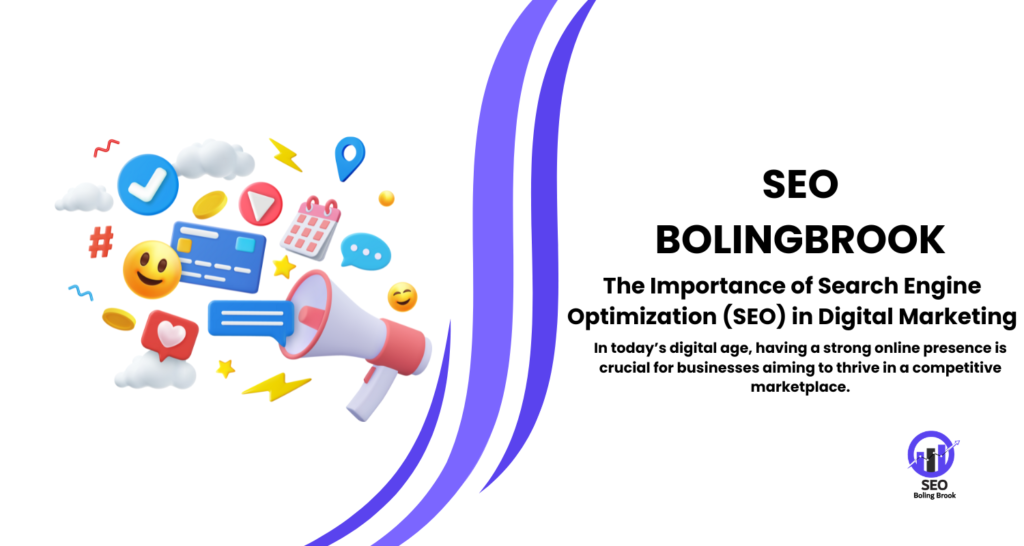In today’s digital age, having a strong online presence is crucial for businesses aiming to thrive in a competitive marketplace. Search Engine Optimization (SEO) plays a pivotal role in enhancing visibility, driving organic traffic, and ultimately, achieving business success. Let’s delve into the importance of SEO and how it can significantly impact your digital marketing efforts.
1. Enhanced Visibility and Brand Awareness
One of the primary objectives of SEO is to improve a website’s visibility in search engine results pages (SERPs). By optimizing your website’s content and structure, you increase the likelihood of appearing in relevant search queries. This enhanced visibility not only drives organic traffic but also fosters brand awareness, positioning your business in front of potential customers actively seeking your products or services.
2. Increased Organic Traffic and Quality Leads
Organic search remains a primary source of website traffic for many businesses. By optimizing your website for relevant keywords and providing valuable, user-centric content, you can attract high-quality traffic that is more likely to convert into leads or customers. Unlike paid advertising, organic traffic generated through SEO offers a sustainable and cost-effective way to reach your target audience.
3. Improved User Experience and Engagement
SEO is not just about optimizing for search engines; it’s also about enhancing the user experience. By focusing on website speed, mobile-friendliness, and intuitive navigation, you create a seamless and enjoyable experience for visitors. A positive user experience can lead to increased engagement, lower bounce rates, and higher conversion rates, contributing to overall business growth.
4. Builds Credibility and Trust
Websites that appear on the first page of search results are often perceived as more credible and trustworthy by users. By achieving higher rankings through SEO, you establish authority and credibility within your industry. Consistently delivering valuable content and adhering to SEO best practices can help build trust and foster long-term relationships with customers.
5. Quantifiable Results and ROI
One of the significant advantages of SEO is the ability to track and measure its impact through various analytics tools. By monitoring key performance indicators such as organic traffic, keyword rankings, and conversion rates, you can assess the effectiveness of your SEO strategies and make data-driven decisions to optimize performance further. This focus on measurable results enables you to allocate resources more efficiently and achieve a higher return on investment (ROI).
6. Adaptability to Changing Trends
The digital landscape is constantly evolving, with search engines regularly updating their algorithms and ranking factors. SEO requires businesses to stay agile and adapt to these changes, fostering a culture of continuous learning and innovation. By staying abreast of industry trends and algorithm updates, you can proactively adjust your SEO strategies to maintain optimal performance and stay ahead of the competition.
Conclusion In summary, Search Engine Optimization (SEO) is a fundamental component of a comprehensive digital marketing strategy. By enhancing visibility, driving organic traffic, and fostering user engagement, SEO plays a pivotal role in achieving business growth and success in today’s competitive online landscape. Embracing SEO best practices and investing in ongoing optimization efforts can unlock new opportunities for your business and position you for long-term success in the digital marketplace.

